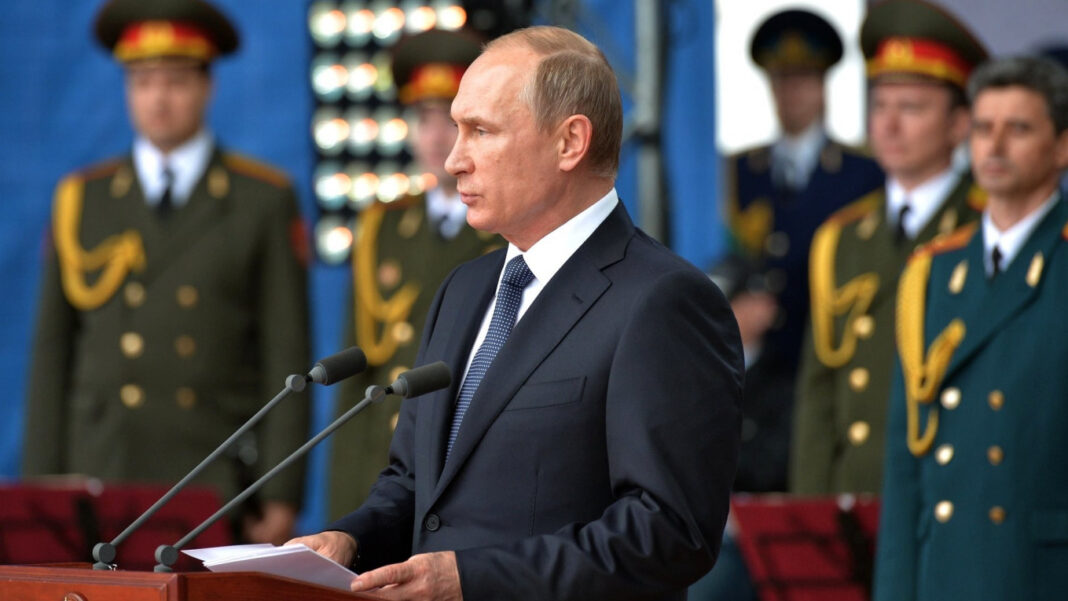The announcement that Russia has placed its nuclear forces on special alert evokes fearful resonances of the Cuban Missile Crisis of 1962 – the time when Washington and Moscow came closest to nuclear war.
In that case, both sides stepped back thanks to a combination of skilful diplomacy, brinkmanship, and fear of the consequences, writes Gordon Corera of the BBC.
But historical parallels are not always exact. At the moment, we are not at the same level of crisis or risk.
So how dangerous is this situation? The risks in crises are often of miscalculation.
Over Ukraine, Putin himself may have miscalculated. He may have underestimated how much resistance he would face on the ground from Ukrainians – and internationally from a West more united than he thought.
That may have led him to reach for new options. This could include escalating the kind of military force he has to use on the ground – and the threats internationally.
Putin’s very public announcement about the nuclear alert is a very public signal and warning. His aim is likely to deter NATO support for Ukraine by creating fears over how far Moscow is willing to go.
He will want to create ambiguity over what counts as too much – and what he is willing to do in response. But that is not the same thing as actually wanting to use the weapons. Putin will know the consequences for him and Russia would be terrible.
Even if that is right, it does not mean the threats will be taken lightly. So far, the western response has been to avoid escalation of the language.
But the fear will be that further miscalculations could escalate this crisis into more dangerous territory, and make it closer to what happened in Cuba.


